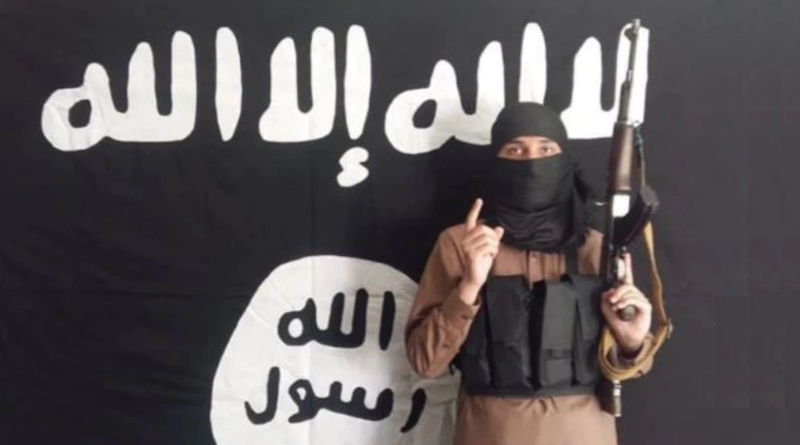September 9, 2002
One year after the worst terrorist attack on U.S. soil, it seems Americans are still in denial
1. One year later, we still have trouble labeling evil as, well, evil
The National Education Association, as well as many institutions of higher learning, still have trouble admitting that killing over 3,000 innocent civilians is an immoral, evil, wrong, misguided, or even less than good act. The NEA is actually urging teachers not to “suggest any group is responsible” for the terrorist hijackings, but to explore examples of American intolerance.
Alison Hornstein, a student at Yale University, described her moral confusion over the September 11 attacks in Newsweek‘s “My Turn” column:
Student reactions expressed in the daily newspaper and in class pointed to the differences between our life circumstances and those of the perpetrators, suggesting that these differences had caused the previous day’s events. Noticeably absent was a general outcry of indignation at what had been the most successful terrorist attack of our lifetimes. These reactions and similar ones on other campuses have made it apparent that my generation is uncomfortable assessing, or even asking, whether a moral wrong has taken place.
At least American Muslims have been outspoken in labeling the actions of 19 Islamic terrorists as “cowardly . . . immoral and inhumane” (The American Muslim Council) as well as “heinous and horrific acts of terrorism” (The Islamic Circle of North America). However . . .
2. One year later, we still have trouble understanding what Muslims believe
The American Muslim Political Coordination Council issued this statement September 11.
We assert unequivocal condemnation based on our religious values and our identity as American Muslims We do not need to defend every maniacal incident emanating from the Muslim world or the Muslim community, just as other religious groups need not defend their extremists. Notwithstanding the disbelief that anyone following the faith of Islam could commit such a heinous crime, we condemn the act regardless of the identity of the perpetrators.
Unlike President Bush’s sweeping and simplistic assertion that “Islam is a peaceful religion,” the AMPCC acknowledges that there are peaceful Muslims who condemn the “heinous crime” of 9/11 and there are “maniacal” Muslims who applaud the very same attacks.
We should try to understand that like Protestant denominations, there are major differences between various schools of Islam and a multitude of interpretations of what the Koran actually teaches. (I sure don’t want my Christian faith confused with abortion clinic bombers, white supremacists, male chauvinists, and the “God Hates Fags” fringes.)
3. One year later, we still have trouble keeping would-be terrorists off planes
Security lapses have actually increased following the terrorist attacks on September 11.
In March 2002, USAToday reported that in undercover tests conducted by the Department of Transportation at 32 U.S. airports between November and February, screeners missed 70 percent of knives, 60 percent of simulated explosives and 30 percent of guns investigators tried to smuggle past checkpoints.
And, if all 19 alleged hijackers were young Arabic men, why do white-haired ladies keep being pulled from line for “random inspections” of their orthopedic shoes?!
4. One year later, we still have trouble accepting terrorism as a new way of life
Fortunately, al Qaeda has not made good on its threats against the Super Bowl, the Winter Olympics, and Fourth of July gatherings. Osama bin Laden was a no show after promising a video appearance on our Independence Day. But a single year of no al Qaeda attacks should bring little comfort or complacency.
There has been a continued pattern on terrorist activity against The States over the last ten years: attack on U.S. troops Yemen (1992), World Trade Center bombing (1993), bombing of a Saudi Arabian high-rise housing U.S. troops (1996), bombings of American embassies in Tanzania and Kenya (1998), attack on U.S.S. Cole (2000), and the attacks of 9/11 (2001).
Also, keep in mind that the Soviet Union, in its super-power prime, was unable to win its war on terrorism in Afghanistan after ten years (1979-1989).
Like it or not, Americans have joined the Global Village where tribal terrorism is a way of life. Finally,
5. One year later, columnists are still trying to write something profound about this obscene act . . .
. . . and failing.
Copyright © 2002 James N. Watkins

